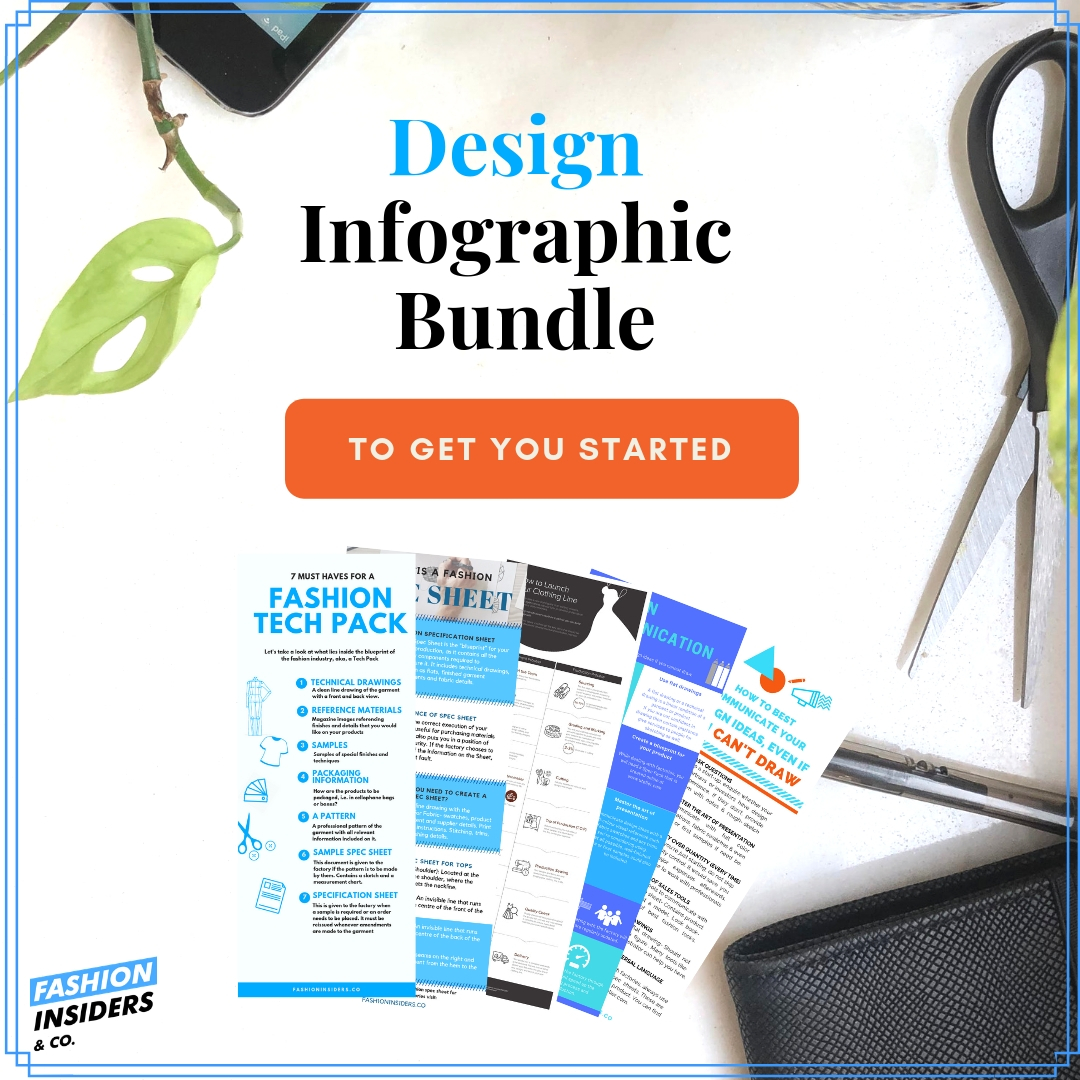Why is there a rise in demand for personalised products? In this age of mass production and over consumption it’s apparent that consumers want to feel special and to stand out from the crowd. But, does it go further than this and who are the brands offering personalisation well? Let’s find out.
Within every hierarchy of fashion, be it high street, middle market or high-end, personalisation has a place.
From sports shoes in Nike town, where customers are able to put a NikeID to their runners and have a bespoke pair delivered within two weeks.
Or the mass appeal of the mid-market e-tailer, who took off after recognising the demand for customisation.
Obviously, high-end brands such as Hermes have been monogramming product since the beginning of time.
When I was a teenager I wanted to look a bit different from my peers and I was lucky enough to be able to make my own clothes to instigate this.
Unfortunately, not everyone is able to create their own clothes or accessories and this is where the beauty of personalisation comes into play.
What is Personalisation?
According to Deloitte, “42% of consumers who are interested in customised products would still rather be led by brands and choose from a selection of options”.
With a rise in the use of digital devices and empowered by social networks, consumers are increasingly calling the shots in regards to the ‘creation’ of their purchases.
They now inhabit a world where they are both creator and critic and I can only imagine it must feel invigorating to have some control over the retail offering.
Related reading: The Fragmentation of Retail: What is Happening Now?
The benefits for the service provider should also not be underestimated.
The information that consumers provide in regards to the choices they make can be put to good use in the form of marketing.
A personalisation service allows brands to better understand what their customers want.
What Personalisation Means for Businesses?
Evidently offering this service would require a rethink of the original operations but, businesses that embrace this model will have an opportunity to create an extra revenue stream that commands a price premium and improves consumer traffic and conversion.
In light of the demand by consumers for personalised products, it’s a perfect opportunity for smaller brands to also offer this service.
Consumer Personalisation: Bag Brand
It isn’t necessary to be a well known mega brand like Anya Hindmarch who has been offering a personalised service for a number of years.
Wallets, bookmarks, journals and travel bags, to name a few, all get the embossing treatment while other bags are decorated with appliqued leather letters of your choice.
Hindmarch was the originator of the Be-a-Bag service which is still going strong. Customers can provide a photograph of their choice which is then printed onto the material and made into a washbag. All delivered within 12 weeks.
I still find most customers like to see something first and can’t always take a leap of faith.
Consumer Personalisation: Home Furnishing Brand
Some brands on platforms such as Etsy and NOTHS are offering a personalisation service and making a good living from it.
I spoke to Fiona Pitkin of the Etsy shop Colourbloom to find out why her customers ask for personalised items from her home furnishings and scarves ranges. “I offer customisation and have done for about 5 years as ‘colour’ is my main selling point.
Customers like to have a hand in designing their homes and we will discuss specific colours and sizes of cushions beforehand that will compliment their interiors.
It does take a bit longer, but it’s really rewarding when I know they’re satisfied. I still find most customers like to see something first and can’t always take a leap of faith with new colour combinations, so for them, I will photograph little swatches of colours together, which gives them a bit more confidence.
Other customers will see what’s on my shop page and either just change the size or choose a couple of colours from 2 different cushions and combine them into one”.
Consumer Personalisation: Assorted Items
One brand that caught my eye while looking through the NOTHS site was Create Gift Love. Set up in 2012 by Tony and Emily Carr they produce over 300 products that can all be personalised.
Particular highlights include a personalised leather coin purse tassel keyring set, personalised metal photo keyring with a leather case as well as a leather bound personalised notebook.
The metal items are engraved and the leather products embossed. I spoke to brand representative Georgia Stephenson and asked her why her customers were so keen on personalisation.
“The majority of our products are bought as gifts and we make everything to order in our workshop. When buying gifts, we all want to find something for our loved ones that are just as unique as they are, and adding personalisation shows the recipient that the gift was really made with them in mind – it means that their item is really one of a kind.
In the last few months, we have been working on really subtle personalised elements, like our printed coin purse range that can have a secret personalised message printed on the inside of the flap. These have been really popular as birthday gifts and we’re working on some other more discreetly personalised products for next year.”
Seeing these products got me thinking about how easy it would be to set up a personalisation arm to an existing business.
Embossing stamps can be made up fairly inexpensively with designs of your choice or made specifically for individual customers.
Studiotone makes foiling dyes at their company based in London in a number of materials such as magnesium, brass, zinc and copper.
They can be used on paper, board, plastics, PVC, leather, and wood.
An Example of How Brands Personalise
The service works by the customer providing them with vector files such as Adobe Illustrator or Adobe PDF.
These file images are then transferred to the dies.
A heat press would need to be used in order to transfer the message/image onto your product.
The Little Workshop is a company, based in Dalston, that hires out their heat press machine by the hour.
To brighten up plain embossing it’s also possible to add a metallic finish to the embossed letters by using foiling paper.
The Little Workshop supply foils in a wide range of colours or try Thermotype. In addition to this, The Little Workshop have sets of knives for cutting shapes into veg-tan leather and leather cutting machines that are used with the knives.
Engraving personalised messages and names onto jewellery and other objects could also serve to expand your jewellery brand.
PenelopeTom on NOTHS offers this very service by offering engraving on handbag discs, lockets, earrings, photo frames, pen sets and bottle stoppers.
Try this by purchasing an inexpensive electric engraving hand tool and practising on non-precious metal.
Don’t stop at accessories and jewellery though as a tee shirt business would also be the perfect canvas to offer up to your customers for personalisation.
Conclusion
As consumers continue to contribute to the ‘creation’ of their goods the popularity of customisation will only gather momentum.
It’s a fantastic business model to embrace especially if you want to offer something more than simple, plain products.
It also allows your customers to have a hand in creating something that means a lot to the recipient. Every brand worth their salt from Veuve Cliquot to Burberry and with stores such as Selfridges placing a spotlight on personalisation with their Selfridges Rocks Christmas pop-up, the time is right and the time is now.



